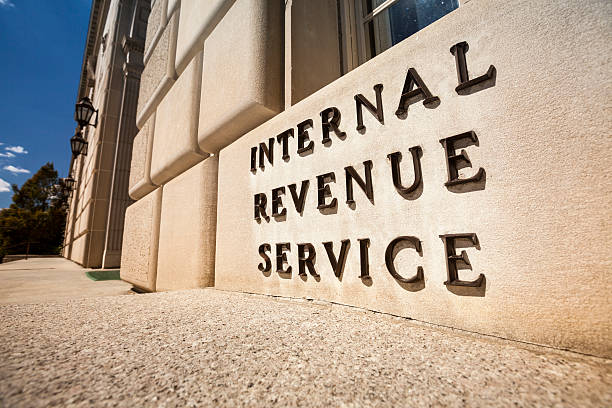Introduction
As clean energy initiatives gain momentum, scammers are finding new ways to exploit taxpayers. The Internal Revenue Service (IRS) recently issued a warning about a new scam that targets taxpayers with promises of clean energy tax credits. Unscrupulous tax preparers are misrepresenting the rules for these credits, luring individuals into claiming credits they do not qualify for. This blog post will provide a comprehensive overview of the scam, its implications, and advice on how to protect yourself from falling victim to such fraudulent schemes.
The Scam Explained
The IRS is warning about a scam where dishonest tax preparers tell people they can get clean energy tax credits that they don’t actually qualify for. These credits are meant to offset taxes from passive income, like rental properties, which most people don’t have. Falling for this scam can make you owe the IRS more money, including interest and penalties. The IRS advises using reputable tax professionals and being cautious of offers that seem too good to be true.
IRS Warning
“This is another example where scammers are trying to use the complexity of the tax law to entice people into claiming credits they’re not entitled to,” said IRS Commissioner Danny Werfel. He emphasized the need for taxpayers to be cautious of promoters pushing dubious credits and to use reputable tax professionals when claiming complex credits like clean energy.

Understanding Clean Energy Tax Credits
Clean energy tax credits are designed to incentivize environmentally friendly practices and technologies. However, these credits can only be purchased to offset income tax from what the IRS calls “passive activity,” such as rental property income or limited partnerships. Most taxpayers do not have passive income or passive income tax liability, making them ineligible for these credits.
Risks of Claiming Improper Credits
Claiming these credits improperly can have severe consequences. Taxpayers may be held responsible for repaying the inflated credit, along with interest and possible penalties. The IRS advises consulting a tax professional before claiming any complex credits and being vigilant if someone offers to sell credits to lower tax liability.
Other Similar Scams
The clean energy credit scam is not the first of its kind. The IRS has identified similar scams in the past, including those involving the Fuel Tax Credit, the Sick and Family Leave Credit, and household employment taxes. These scams typically exploit the complexities of the tax code to deceive taxpayers into claiming unearned credits.
Steps to Protect Yourself
- Educate Yourself: Familiarize yourself with the legitimate rules and qualifications for tax credits. The IRS website is a reliable resource for accurate information.
- Consult a Professional: Use a reputable tax professional for tax filings, especially when dealing with complex credits. Avoid preparers who promise guaranteed refunds or credits without thoroughly examining your financial situation.
- Be Skeptical: Be wary of anyone offering to sell tax credits or make claims that sound too good to be true. Scammers often use high-pressure tactics to persuade their victims.
- Verify Credentials: Check the credentials of any tax preparer you consider hiring. Ensure they have a valid Preparer Tax Identification Number (PTIN) and a good track record.
- Report Suspicious Activity: If you suspect you’ve been targeted by a scam, report it to the IRS. The agency has mechanisms in place to investigate and address fraudulent activities.
Conclusion
As the IRS continues to crack down on tax-related scams, taxpayers must remain vigilant and informed. The clean energy tax credit scam is a reminder that scammers will exploit any opportunity to deceive. By educating yourself and consulting with reputable tax professionals, you can protect yourself from falling victim to these schemes. Stay alert, stay informed, and ensure that your tax filings are accurate and legitimate.
Stay vigilant, stay informed, and prioritize your digital security in this ever-evolving landscape of cyber threats. At The Scam Protector, we save people from getting scammed by raising awareness and informing them about prevalent online scams. You can do it too just by joining our tribe on Twitter , Facebook, Quora, Reddit, LinkedIn.




